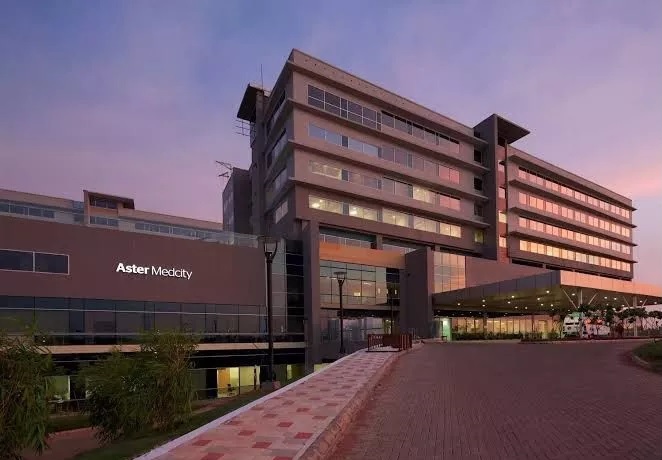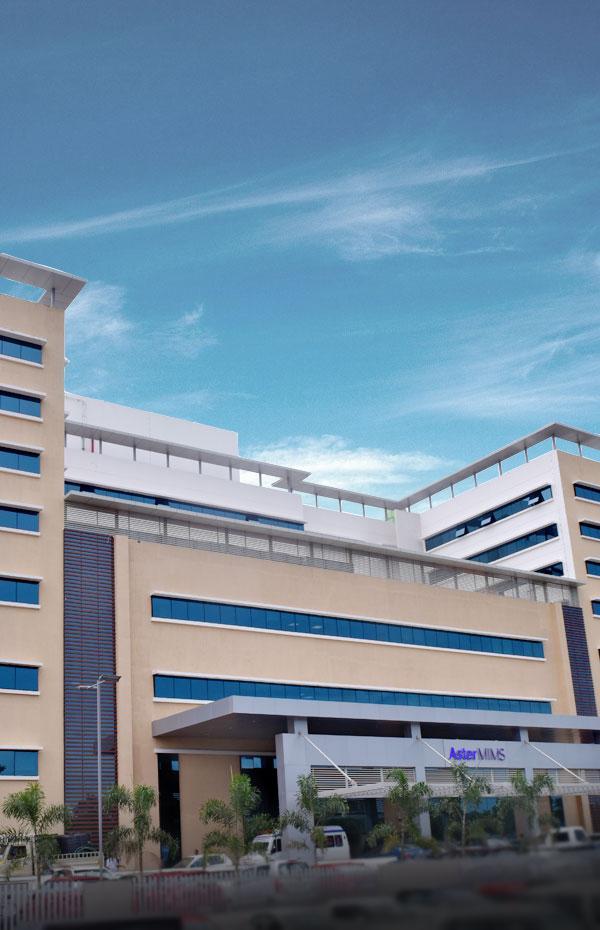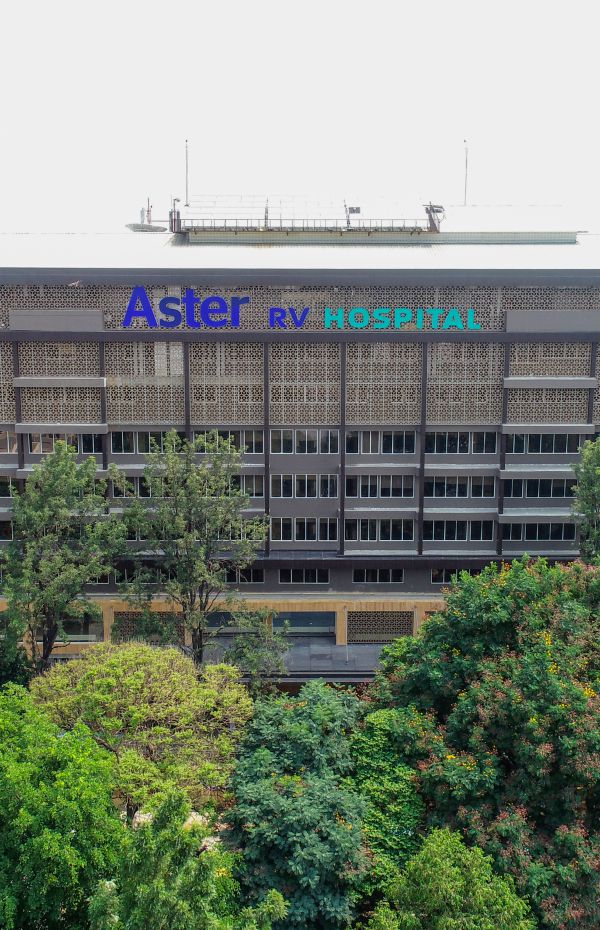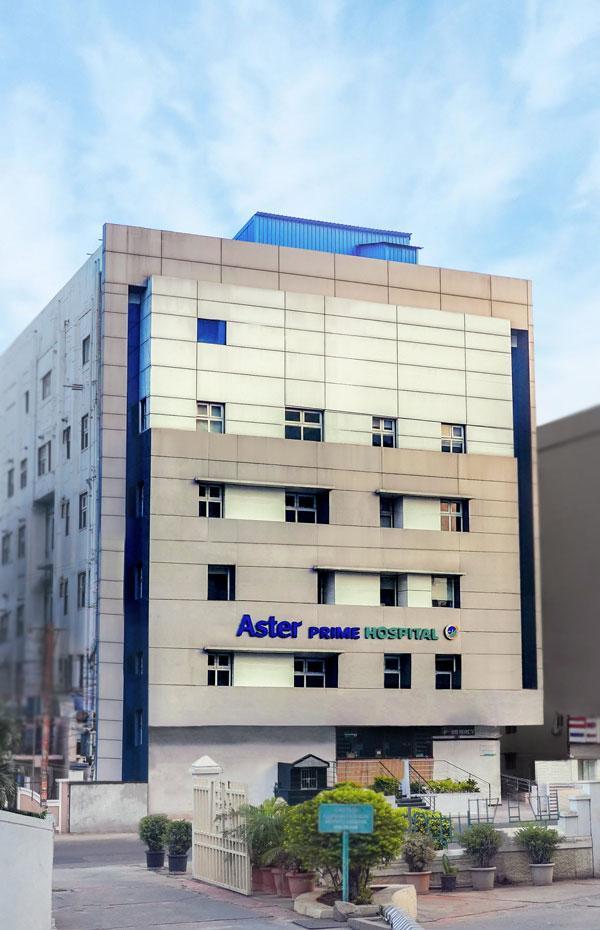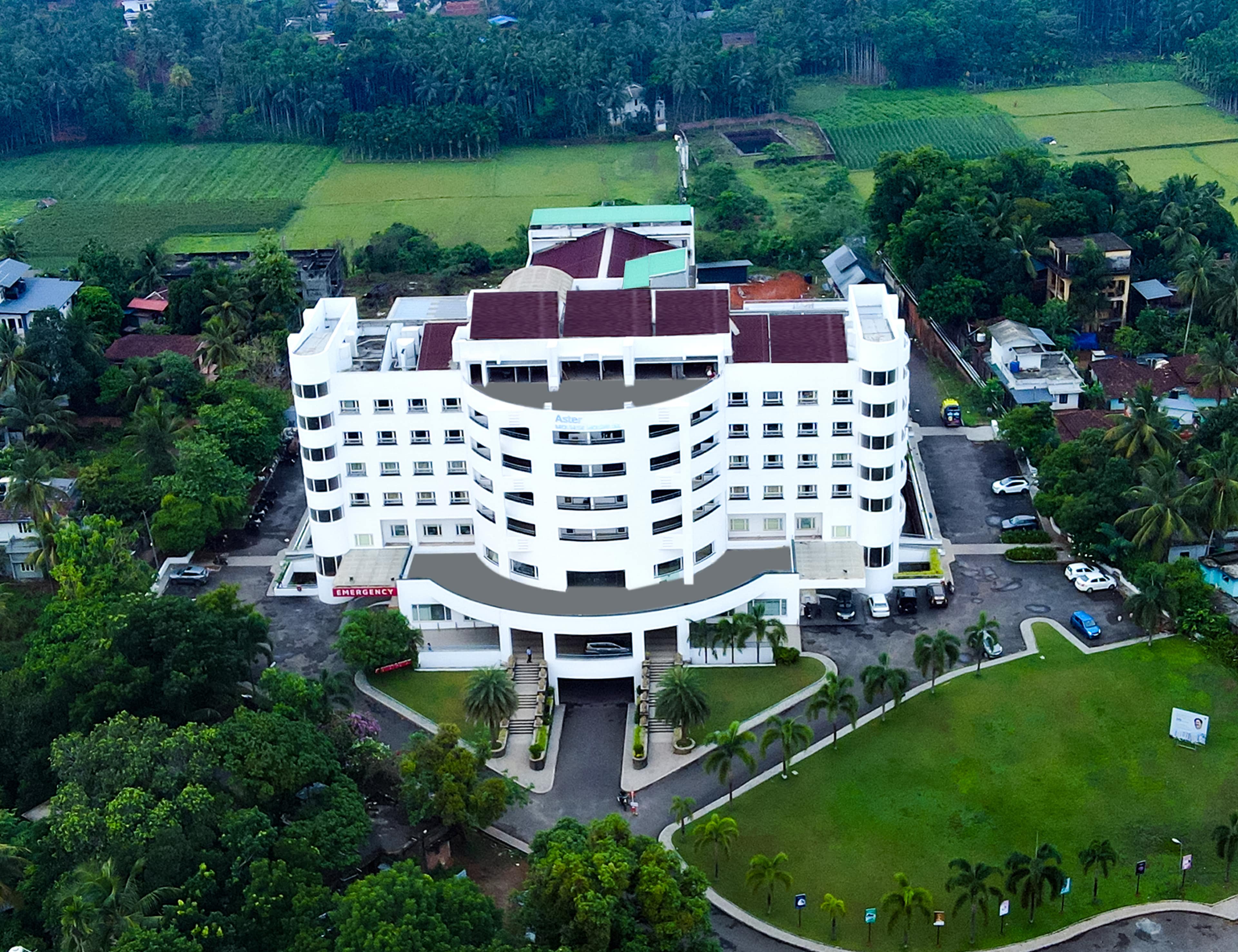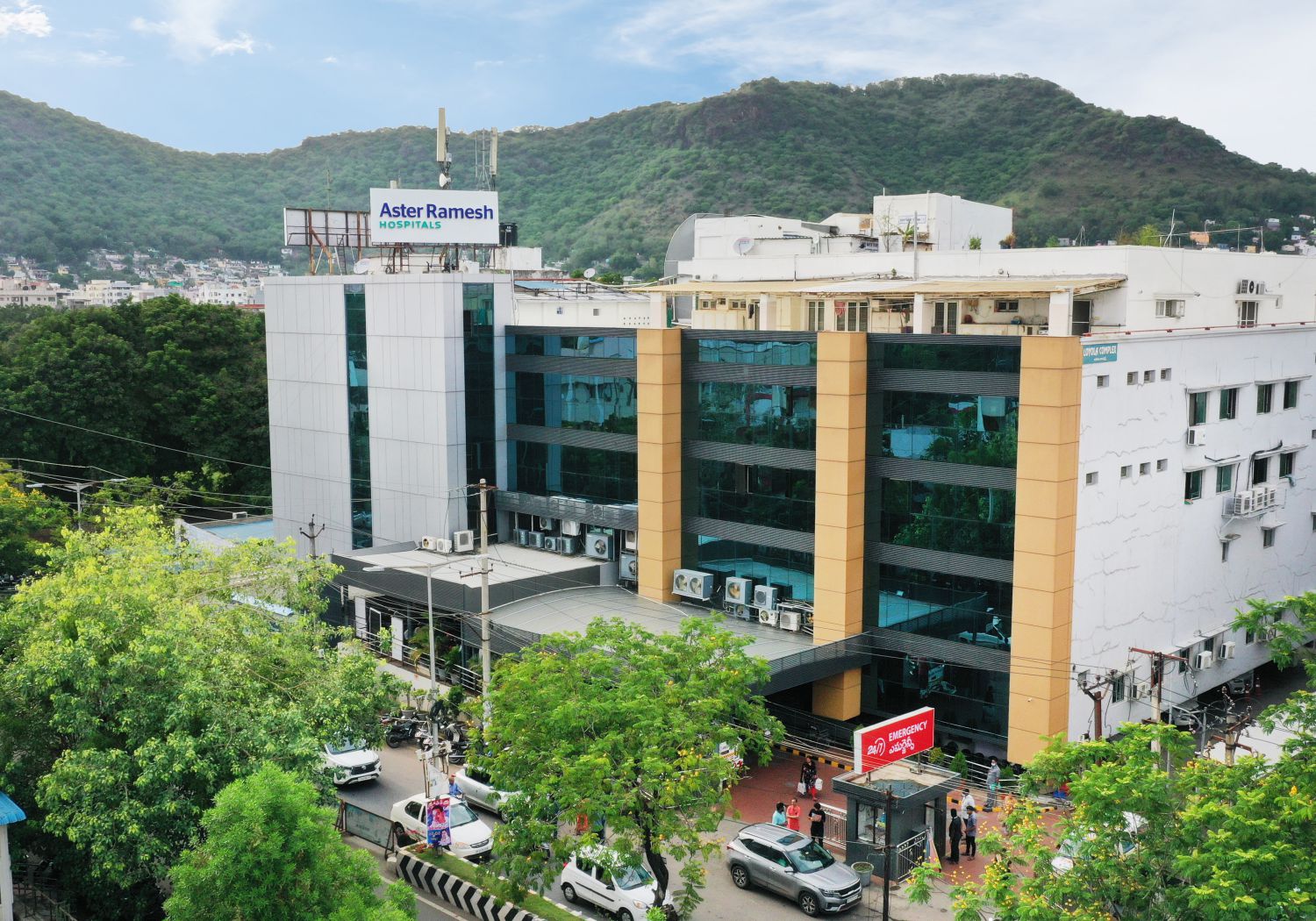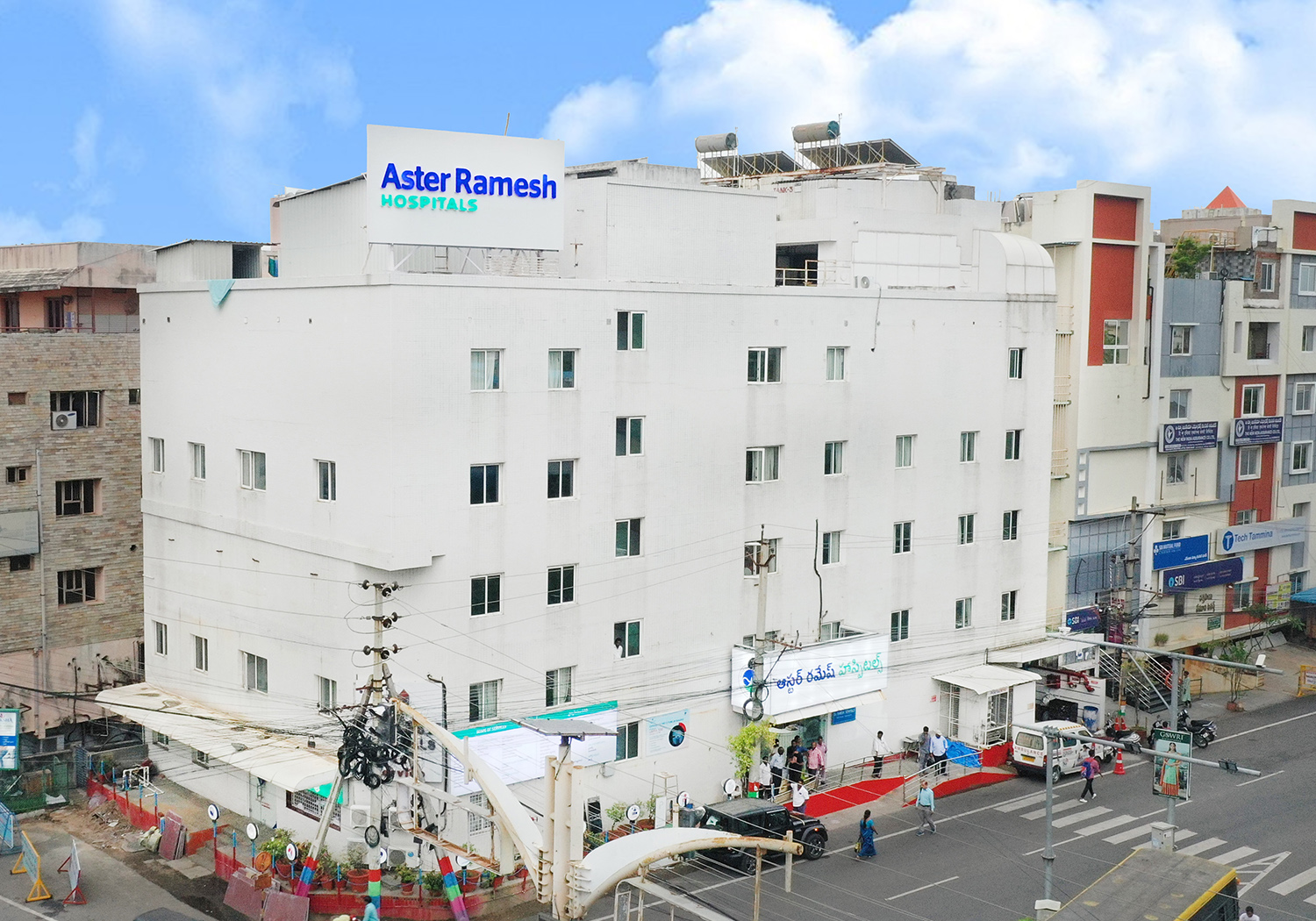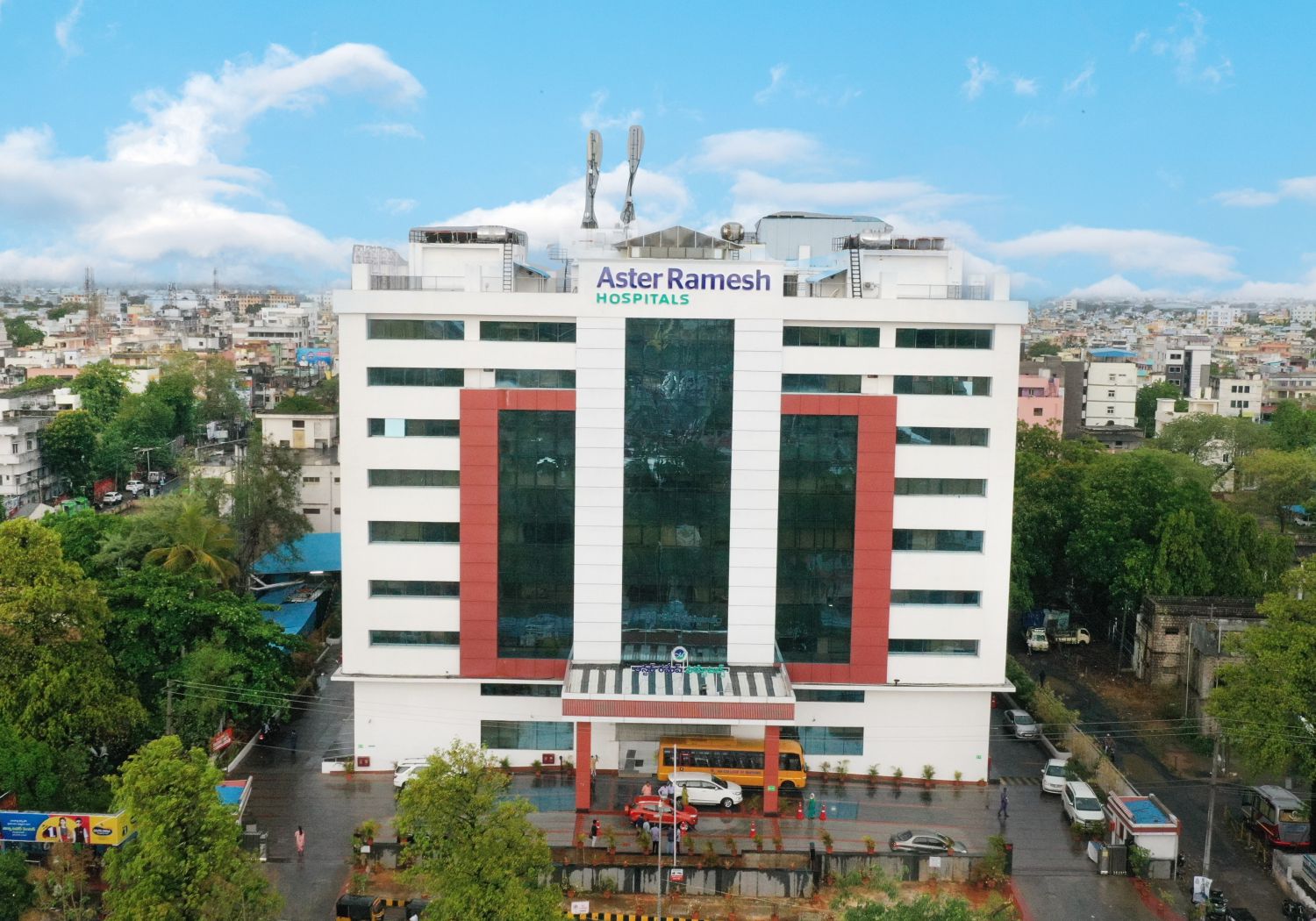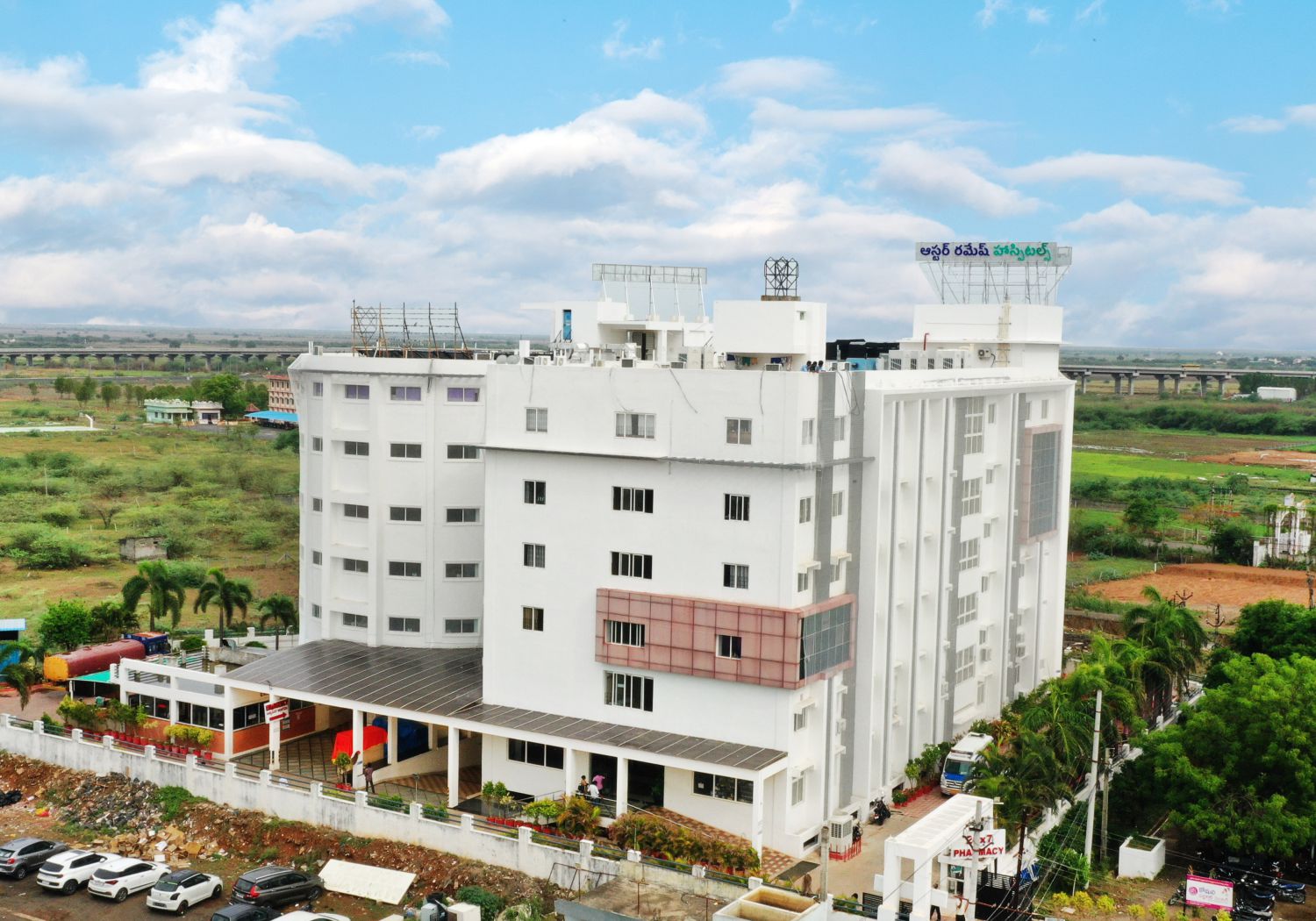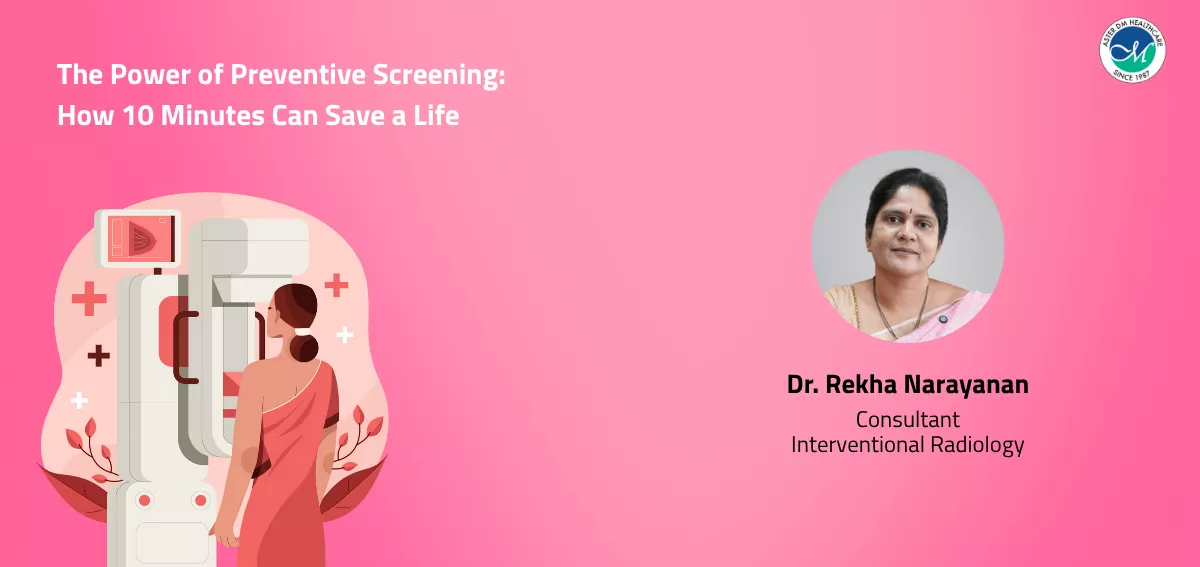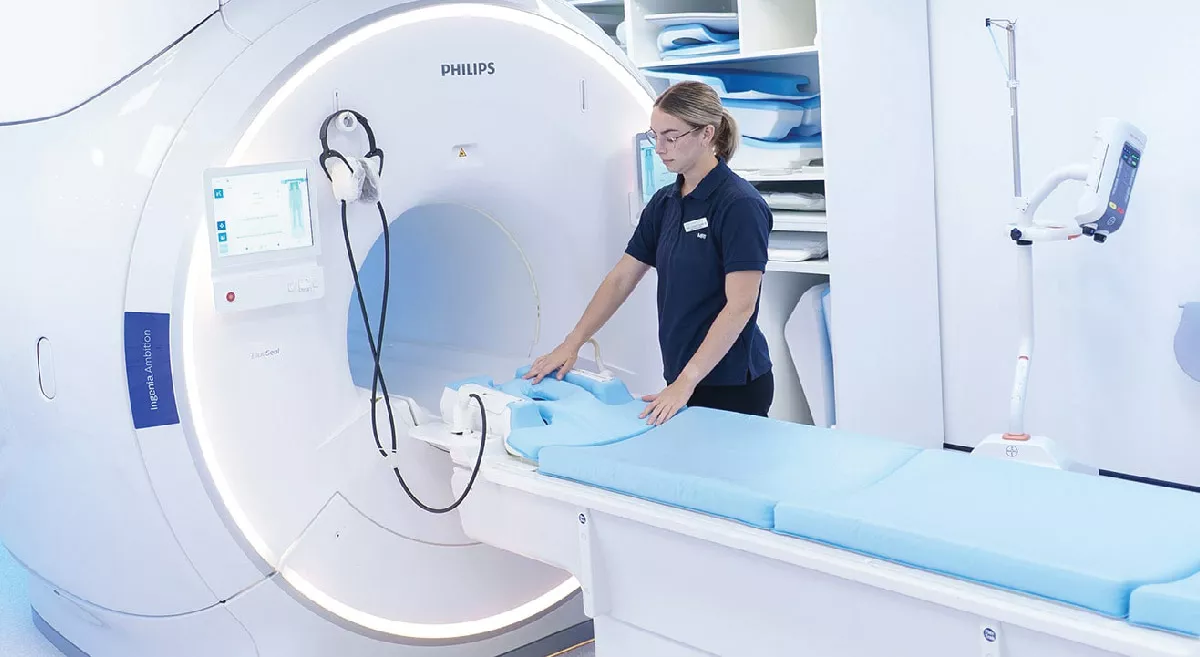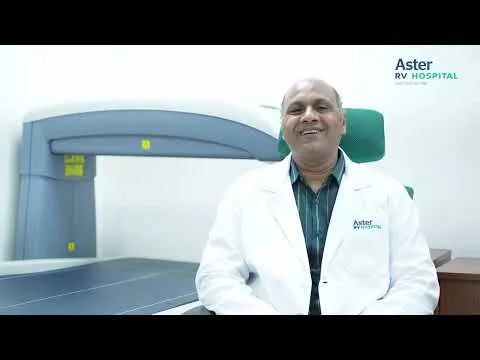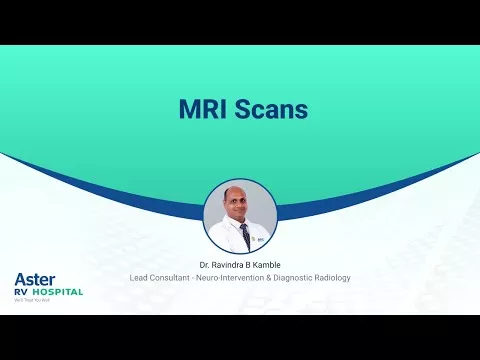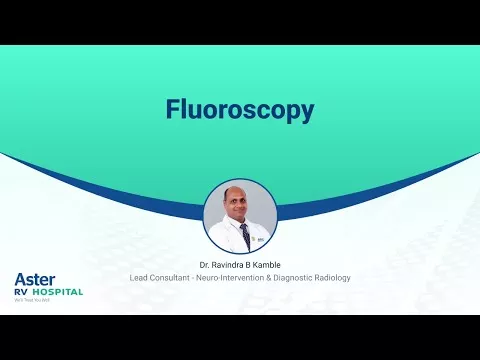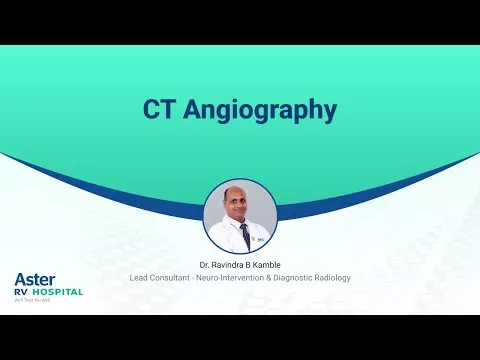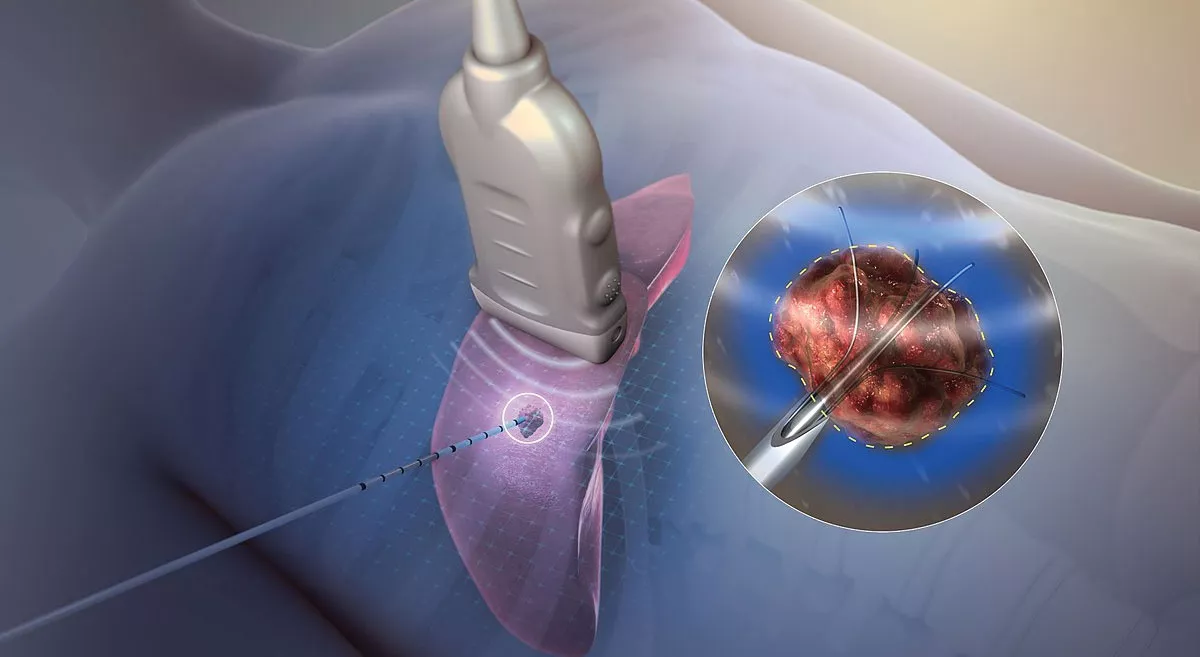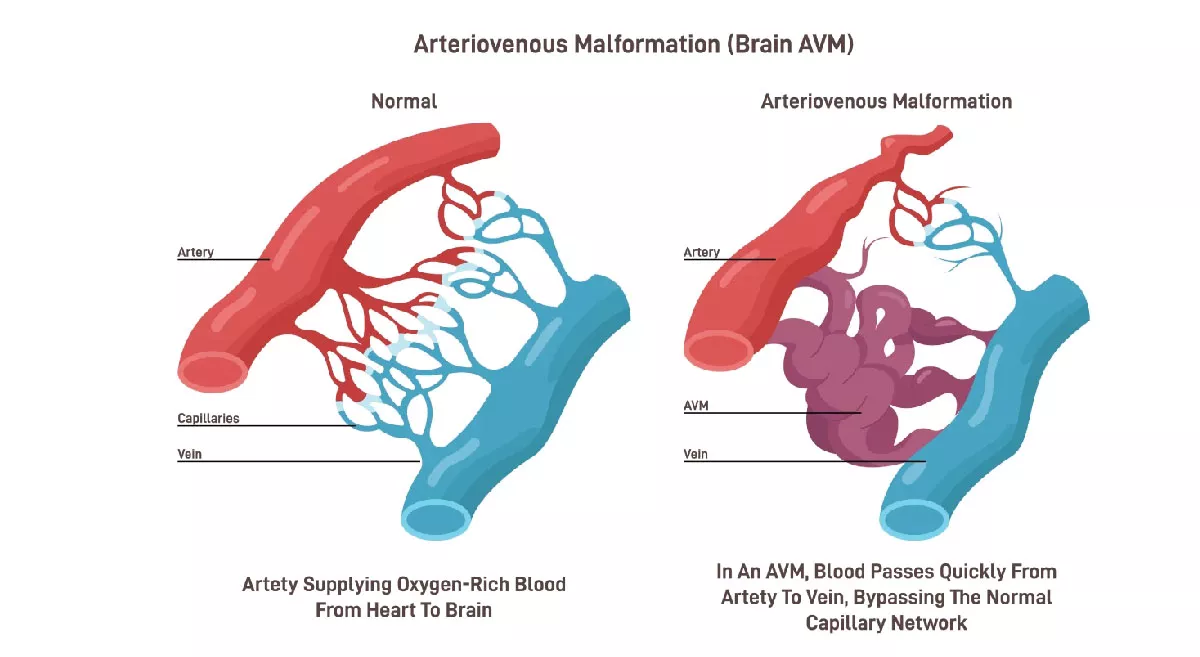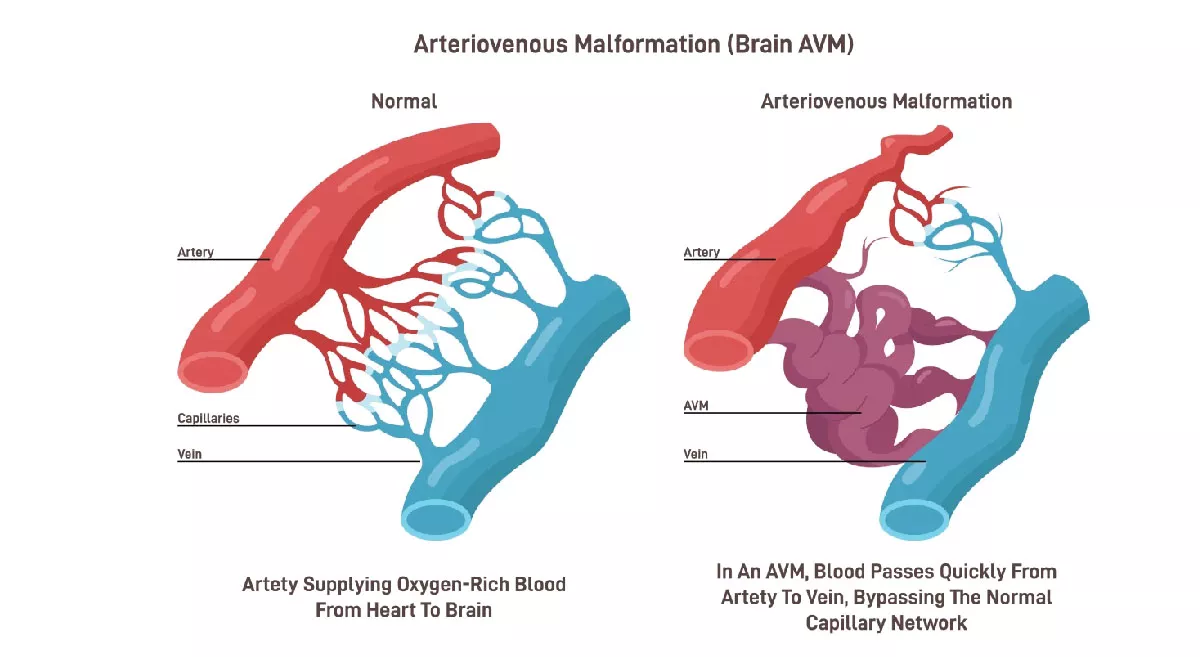The department of Clinical Imaging & Interventional Radiology uses medical imaging technology to diagnose the disorder stage and prescribe treatment for various medical conditions. At Aster Hospital, we have dedicated radiology unit consisting of a team of experts and well-equipped with modern technologies. The radiology team consists of highly experienced interventional radiologists who have been trained from some of the most prestigious radiology institutes in the world. In addition to diagnostic imaging, our team is also skilled to perform interventional radiological procedures such as administering joint injections, CT and ultrasound-guided radiofrequency ablation, laser ablation, sclerotherapy, tru-cut biopsies, and TRUS guided biopsies. We provide support services for dialysis, endoscopic procedures, OT and critical care procedures, blood bank, neuro-diagnostics and non- invasive cardiology. Our department uses a variety of advanced, high-tech imaging equipment such as MRI scan-1.5 T Philips Achieva, CT scan-16 slice Philips brilliance, Ultrasound-GE Voluson 3D and 4D, Doppler- GE Volluson and BMD-Dexa scan.
Our Doctors
We have some of the best specialists from around the world, they bring years of experience and offer evidence-based treatment to ensure the best care for you.
Advanced Technology & Facilities
Well equipped with the latest medical equipment, modern technology & infrastructure, Aster Hospital is one of the best hospitals in India.
Color Doppler is detection and finding motion of blood flow using a Color map that is incorporated standard format B-mode image .It detects and interrogated large scale of region and blood flow, typically blue and red. It can also detected whether the blood moving toward or way from the transducer.It has estimated frequency shift at each point at which motion is detected within an interrogated region, thus yielding information on direction of motion and velocity.
X-rays are a form of electromagnetic radiation, just like visible light. In a health care setting, a machines sends are individual x-ray particles, called photons. These particles pass through the body. A computer or special film is used to record the images that are created.
Multislice CT scanning is a non-invasive medical test that helps physicians diagnose and treat medical conditions. MSCT provide amazing pictures of the human body including 3D images for accurate diagnosis.
In ultrasonography, or ultrasound, high-frequency sound waves, inaudible to the human ear, are transmitted through body tissues.
The echoes are recorded and transformed into video or photographic images.
The Emergency Department has an adjoining Radiology Suite equipped with MRI, Ultrasound, CT Scan and X-ray machine to save on time taken for moving patients to other units/departments for critical diagnostic procedures and fast-tracking the start of treatment.
We have state of art First & Only Philips Brilliance ICT 256 slice CT scanner at Vijayawada Branch and Philips Ingenuity 128 slices low dose CT scanner at Guntur Branch. In addition to routine imaging, we perform brain & neck angiograms, perfusion studies, paediatric and adult coronary angiograms, calcium scoring, EP planning, myocardial perfusion studies, aortograms, pulmonary angiograms, triple rule out studies, CT Bronchoscopy, lung nodule assessment, renal angiograms, liver segmentation planning, upper & lower limb angiograms, dental planning.
We have state of art First & Only Philips 3 Tesla Ingenia CX Digital MRI, where we can shorten the scan time without compromising image quality. We can perform advanced imaging like neuro perfusion studies, Spectroscopy, subtraction imaging, Cardiac MRI, Foetal MRI, Q flow studies, diffusion weighted whole body imaging with background body signal suppression (DWIBS), Breast MRI, diffusion tensor imaging (DTI), arterial spin labelling (ASL) and Cartilage Mapping.
- US/CT guided FNAC/Biopsy
- Abscess drainages and fluid aspiration with pigtail drainage
- Angiography and venography
- Embolization for PPH, GI bleeders and trauma bleeders
- Embolization in AVM and vascular malformations.
- Thrombolysis – arterial and venous
- Angioplasty and stenting
- Trans-arterial chemotherapy
- Percutaneous biliary procedures including PTBD, Chloecystostomy
- Radiofrequency/ Microwave ablation– liver, lung, renal, bone
- Endovascular aneurysm repair
- Tracheal and esophageal stenting.
- Gastro-intestinal intervention includes TACE, TARE, TIPSS, BRTO, Trans-jugular liver biopsy etc.
- Genito- Urinary interventions include embolization for uterine fibroids, Uterine AVM, benign prostatic hyperplasia, varicocoele, pelvic congestion etc
- Insertion of PICC lines and chemoports.
An advanced Digital Mammography system, it provides high-resolution 3D image results using X-rays for quick detection of even the tiniest calcified lesion that’s in the precancerous stage. The X-ray tubes move in an arc, capturing 11 images in 7 seconds and these images are assembled in the computer to create highly focused 3D image throughout the breast, facilitating easier diagnosis.
The Dexa, utilizing x-ray beams of two different energies, facilitates accurate measurement of bone density and strength with lowest dose of radiation possible, especially for preclinical detection of osteoporosis and preventing complications.
Renders high-resolution radiographs with superior time efficiency. As no repetition and digital enhancement are required, rapid transfer of images for immediate investigation by Physician is made possible through integration with PACS.
Time of Flight PET CT
Accurate and early lesion detection of functional abnormalities and low FDG doses using Time of Flight technology
This Catheterisation Lab (Cath Lab), with the help of Allura Clarity system, reduces radiation doses by 70%, offering significant benefit to the patient as well as staff. Used for Interventional Cardiology and Neurology, the low radiation facilitates repeated investigation if necessary and is also safe for children.
in the Emergency space – First time in South Asia . Supports ultra fast ,high-end neuro , body and peripheral vascular procedures with exceptional clarity
Most sophisticated Colour Doppler Systems with Liver Elastography, fusion and navigation for accurate Biopsy, Electronic 4D Imaging with lightweight probes for Cardiac, Radiology and Obstetric Studies. Also provides superior 4D images of the foetus. Department has many state-of-the-art Ultrasound Scanners available for 4D imaging, non-invasive monitoring of liver parenchymal disease with ARFI (Acoustic Radiation Forced Impulse) imaging, with sophisticated image fusion capability to aid accurate guided procedures.
Ultrasound Machines with multi modality image fusion (like CT and MRI) capability and accurate needle tracking.
Patient Stories
Our patients are our best advocates, hear the inspiring stories of their treatment journey
Blogs
The source of trustworthy health and medical information. Through this section, we provide research-based health information, and all that is happening in Aster Hospital.
News & Events
Stay updated with the latest happenings at Aster Hospitals. Explore our News and Events section for insightful articles, health tips, upcoming events, and noteworthy achievements.


